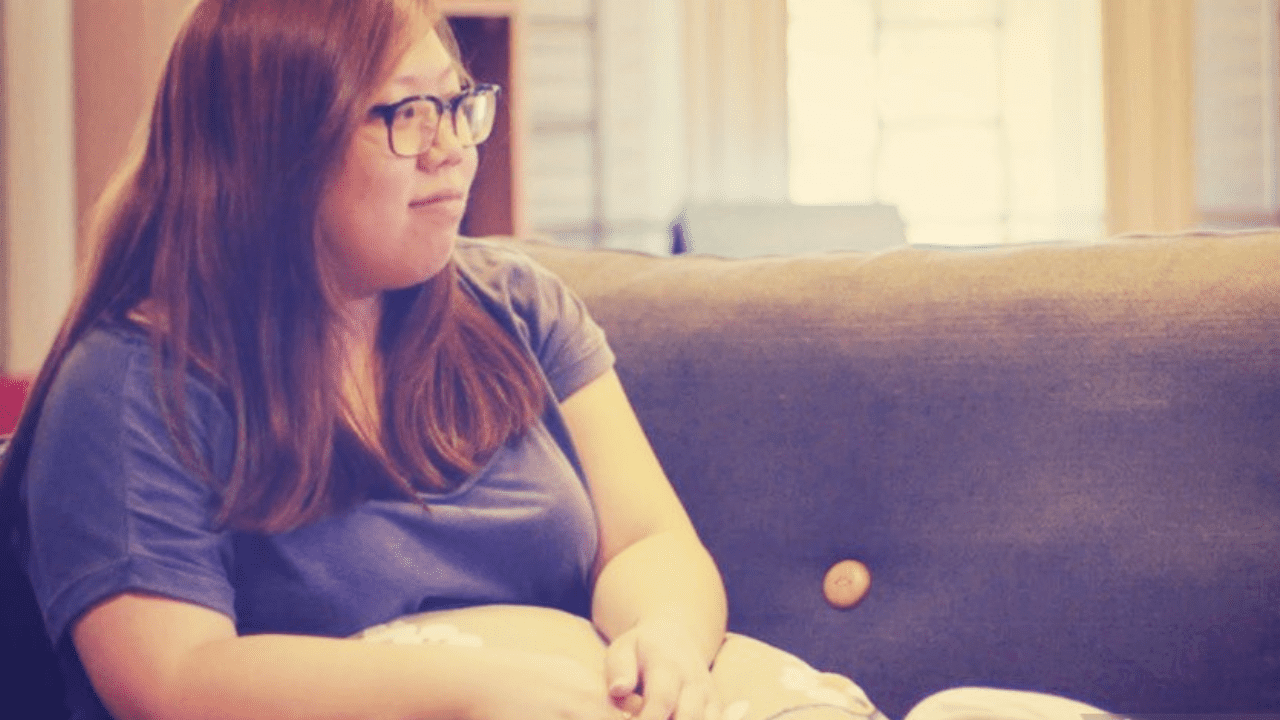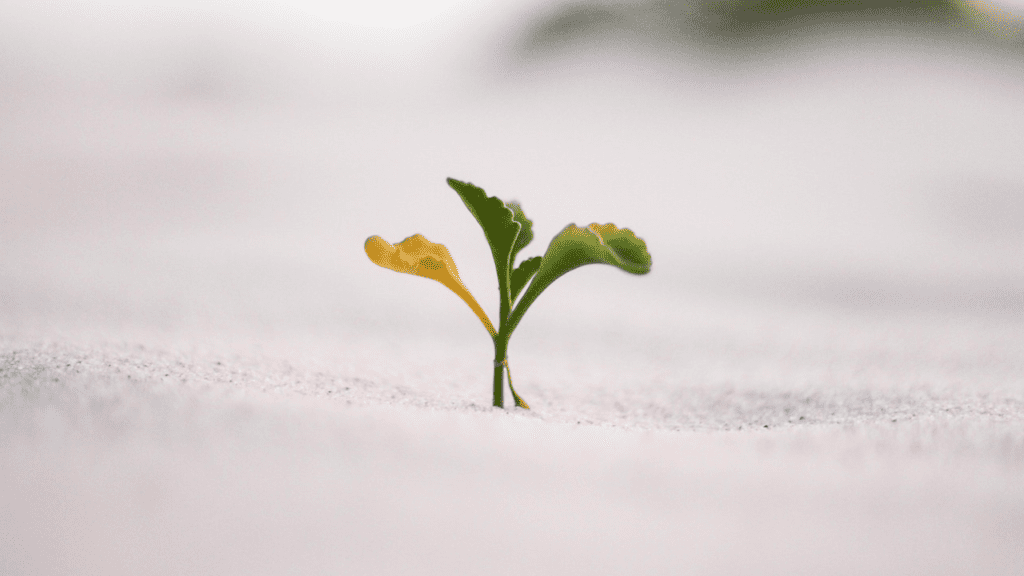
The Future is Female > Evelyn >
She is proud of her journey from rebellion to resilience
Evelyn is an aspiring youth advocate. She has been supported by HCSA Dayspring Residential Treatment Centre in her journey towards self-awareness and hope. She is studying psychology so that she can use her skills and experiences to help others.
With just five dollars in her pocket, Evelyn ran away from home. A dizzying period of her teenage life began, where she camped at the beach and stayed at the homes of different friends.
It was a rebellious phase propelled by the teenage dream of running away, anger at her family as well as from being bullied by school friends.
“The real experience of running away shattered all the fantasies I had of it! In reality, this period was fraught with anxiety. I was in total paranoia. Each time I saw a police car, I got scared, because I felt like a wanted person!” Evelyn recalls.
She entered a few girls’ homes during this time and ran away from one of them. Her parents filed for a Beyond Parental Control order. Finally, she arrived at Dayspring.
“Looking back, I can’t even understand how I managed to do all that! Today, 23-year-old me is so different from 15-year-old me.”
We chart the four key themes that describe how Evelyn gradually gained self-awareness and control over her young adult life.

1. Reconciliation
Evelyn has two mums: one is her biological mother, whom she has not met since she was a kid; the other is her biological father, who started the transition to become a woman when Evelyn was eight years old.
“I call my biological mother, ‘Mother’, and I call my dad who has gone through the transition, ‘Mum’,” Evelyn explains.
Her parents had divorced before her dad’s transition took place. After that, Evelyn was placed in the custody of “Mum”.
Evelyn and Mum then went through an extremely rocky season. Evelyn was figuring out her identity as a teen. Mum, too, was navigating being a woman on her own terms.
“We had many conflicts, we fought, we weren’t happy with each other’s partners, I ran away and there were a few years where we lost contact with each other.”
There were attempts to reconcile when Evelyn was in Dayspring. Then, two years after she graduated, Evelyn met Mum, and both of them had grown a lot by this time.
“We talked. We came to a deep understanding that we’re both very different people today. We now have empathy for each other’s choices back then. There has been forgiveness and reconciliation.”
“Mum also got diagnosed with some disorders, so we know why she used to have such an explosive temper. I’m happy that we have a good mother-daughter relationship now, and that she has made the transition to become who she wants to be.”

2. Realisation
Inspired by what she had discovered in her own life journey, Evelyn enrolled in a psychology diploma programme; at the time of writing, she has just graduated from the course.
The theories she studied were particularly exciting for her, as she had experienced them herself at Dayspring.
“I learnt a lot about adolescent development, which was similar to how Dayspring helped me to understand myself better.”
“One of the theories I learnt was the personal fable, which is about the untrue stories teens tell themselves as they figure out their place in the world. This is different from having a healthy self-esteem, as the personal fable can sometimes be toxic.”
“Everything made sense as I found out more about this idea. You see, my personal fable back then was that the world was against me. This was not true, yet I believed in it whole-heartedly to my own detriment.”

3. Recovery
In the past, Evelyn struggled dealing with external circumstances. In Dayspring, she practised bringing the locus of control back into her own hands and believing in her own agency to pull through.
“At first, I thought the things I learnt at Dayspring were a little pointless. They seemed simplistic. But I began to witness that they’re actually very effective coping mechanisms.”
“Now, I have a good foundation from Dayspring to manage my everyday life.”
“For example, recently, I was freaking out about having to take a loan to finance my degree programme. I revisited those techniques that Dayspring taught me – taking time out to breathe, being mindful – which are actually very important for any of us living in a fast-paced society.”

4. Resilience
One day, a Dayspring mentor told Evelyn: “Don’t look at your stubbornness as a negative quality. Look at it as a kind of resilience.”
Evelyn couldn’t register this idea at first. She had always felt her stubbornness driving her to conflicts with people.
It took her a few years to finally understand that it is a double-edged sword: her stubbornness, in a good light, is also a form of resilience that has helped her to endure all these years.
“This quirk has played a part in the many trials I’ve gone through in life.”
“Yet, the older I get, the more I can see how resilience and hope for the better have motivated my choices. I’ve survived everything I’ve gone through!”
What’s Next
As Evelyn embarks on a degree in psychology for her next step, she hopes to tap into her own story to help others.
“I’m open to whatever opportunity comes. It’ll likely be in an area where I can use my skills and experiences to help others make sense of their own life journeys, such as being a youth worker.”
To young women like herself, Evelyn wants to tell them to believe in their strength.
“In many parts of the world, being women, we’re often at a disadvantage. The truth is, women are more resilient than we think. We go through so much, we survive all of it, we can conquer the world.”
“Let’s speak out more, so that we can connect with others who are struggling with the same issues. There are always people going through the same things. We can support one another if we open up.”

